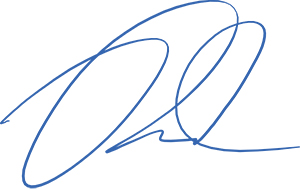


The degree of change we are currently experiencing has another name: Revolution. Not the violent type, but the transformative. The kind that throughout history has unleashed massive social change as people and ideas migrate away from the status quo to seize and occupy areas of emerging opportunity. Think Industrial Revolution. Today, it is hard to imagine the impact on American culture and values that stemmed from the migration from America’s farmlands toward the newly forming manufacturing hubs. History books and documentaries tell the stories, but they struggle to convey the uncertainty, the emotion, the fear and, yes, even the excitement of living the experience.
Revolution is relentless, and unceasing change experienced over an extended period is exhausting. As such, an effective response demands a different approach, a mental discipline and stamina not required during less transformative times. We must become comfortable being uncomfortable. And to maintain our stamina, we must learn to remain calm, to float in the ether.
Floating is not passive or apathetic. It does not imply surrender or retreat. It is simply the skill and approach best matched to revolutionary times. This is because unlike daily incremental change that we typically ignore, curse or address with obstinance and brute force, revolutionary change will not be ignored nor wrestled into submission. It commands our attention.
Radical and unrelenting change is hard because it is all-consuming. It tests our resilience and makes us question our place in the world, our relevance. It challenges our character and erodes our confidence. It renders us fearful. It does this by tearing away the veneer of stability and the comfort of the familiar. It reveals us.
Transformative change forces us to reflect, to look at ourselves in relationship to a future that we may struggle to comprehend, understanding that history is littered with the relics of those frozen in place and time by the accumulated rust of legacy thinking. As a result, it is not the fatigue of continuously having to reimagine the future that is so daunting. It is knowing that we must reimagine ourselves.

